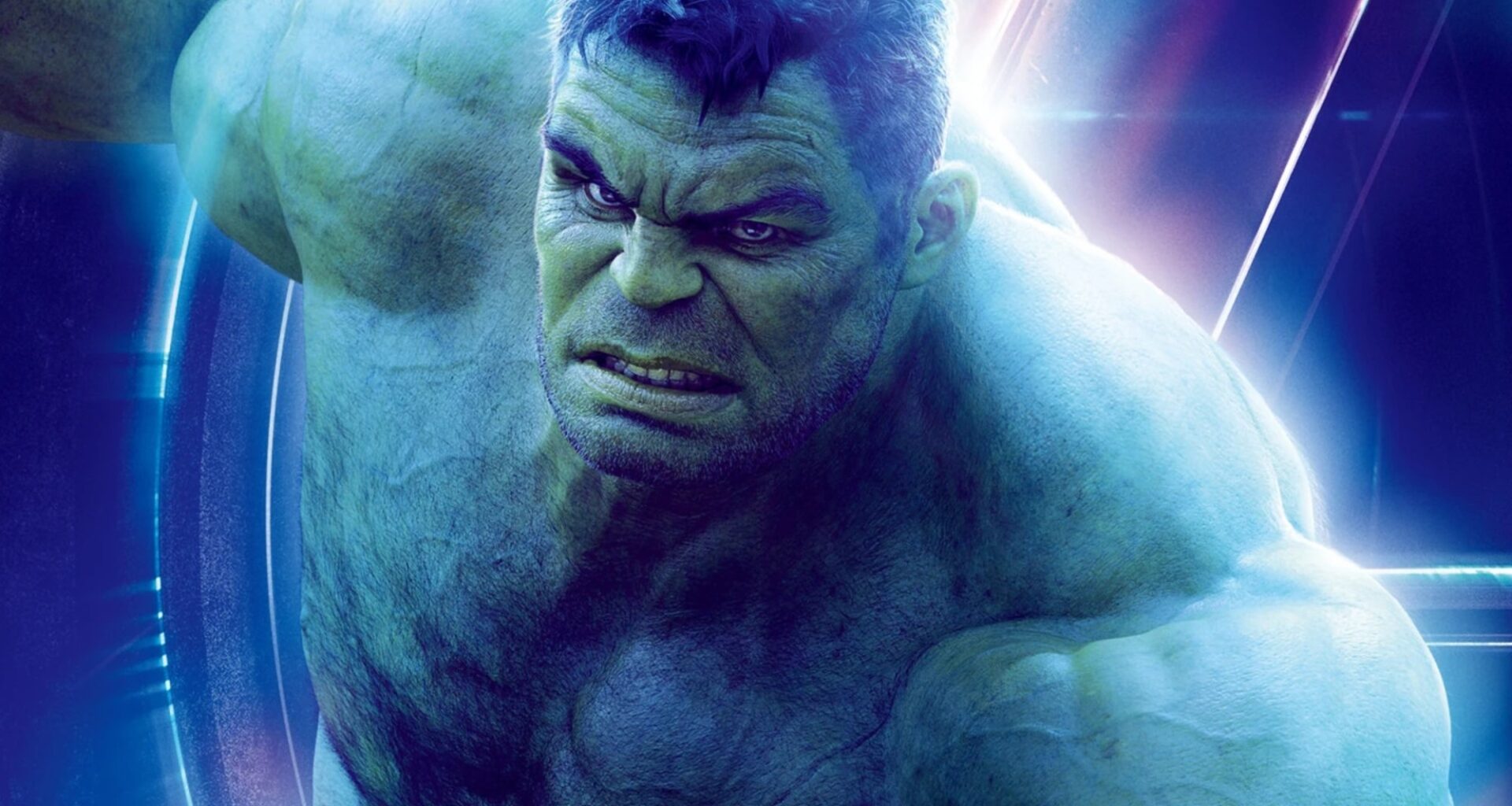In the almost twenty years that the Marvel Cinematic Universe has existed, the live-action adaptation of decades of comics has more often than not done justice to the heroes that it has brought to life. Characters like Iron Man went from being C-list superheroes in the Marvel canon to becoming one of the most recognized faces in fiction globally, while others like Captain America and Daredevil were given the kind of respect they needed in a proper adaptation. Even totally unknown characters like the Guardians of the Galaxy were adapted perfectly and made into fan-favorites worldwide. For every character treated great in the MCU, though, there are some that don’t rise to that level.
Now, of course, it’s impossible for a bad adaptation of a character to actually ruin what came before it. This is especially true if the one found in the pages of Marvel comics continues to be noteworthy, but sometimes what makes its way to the screen hardly resembles the character that fans know, especially with these Hulk-centric characters. Even worse, sometimes their presence seems to be only to check a box for the larger universe, and not one that makes sense to who they are as a character.
4) Samuel Sterns in Captain America: Brave New World
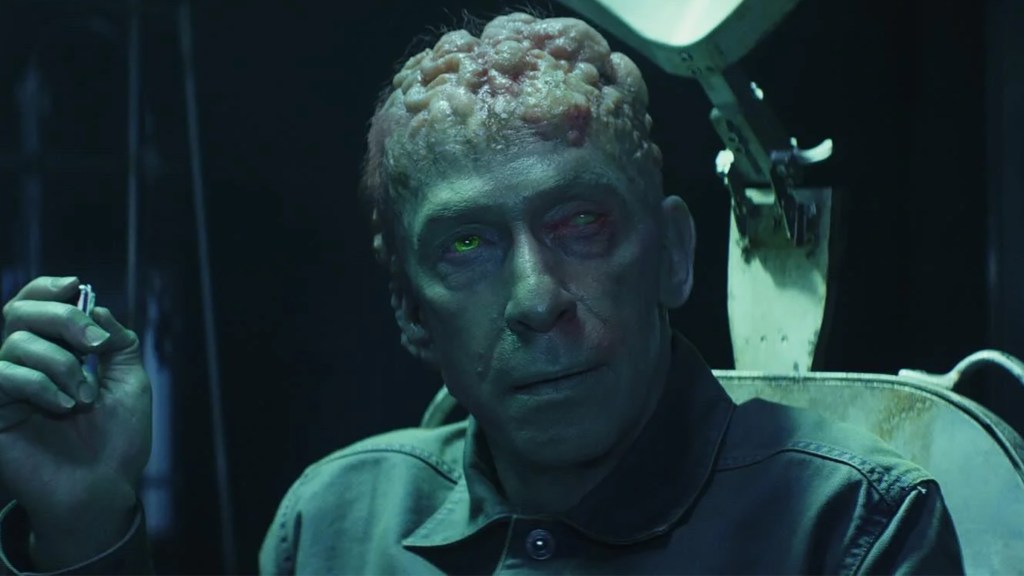 Image via Marvel Entertainment
Image via Marvel Entertainment
The argument could be made that the Samuel Sterns found in 2008’s The Incredible Hulk was pretty far removed from what fans knew him to be in Marvel comics, but in theory, that was his origin toward becoming a supervillain, so some grace can be lent. Tim Blake Nelson’s character was sidelined for seventeen years before his return in this year’s Captain America: Brave New World, where he not only fully became the Hulk villain The Leader but proved that even now, Marvel has trouble doing some characters justice.
It would be easy to note that the MCU ruined The Leader in an aesthetic sense, throwing out his iconic big, tall, green head look for a more monstrous, deformed take. Even though it does look terrible, it’s not the worst thing about The Leader. Instead, the writing around the villain, which is seemingly cobbled together from various reshoots and reworkings of the screenplay, presents an antagonist that is not nearly as smart or qualified as he appears. Sterns spends the film playing the odds to try and show the world that Thunderbolt Ross is a monster, but most of his decisions don’t stand up to scrutiny, and in the end feel like the MCU used him as a chess piece rather than an actual critical element of the story.
3) Leonard Samson in The Incredible Hulk
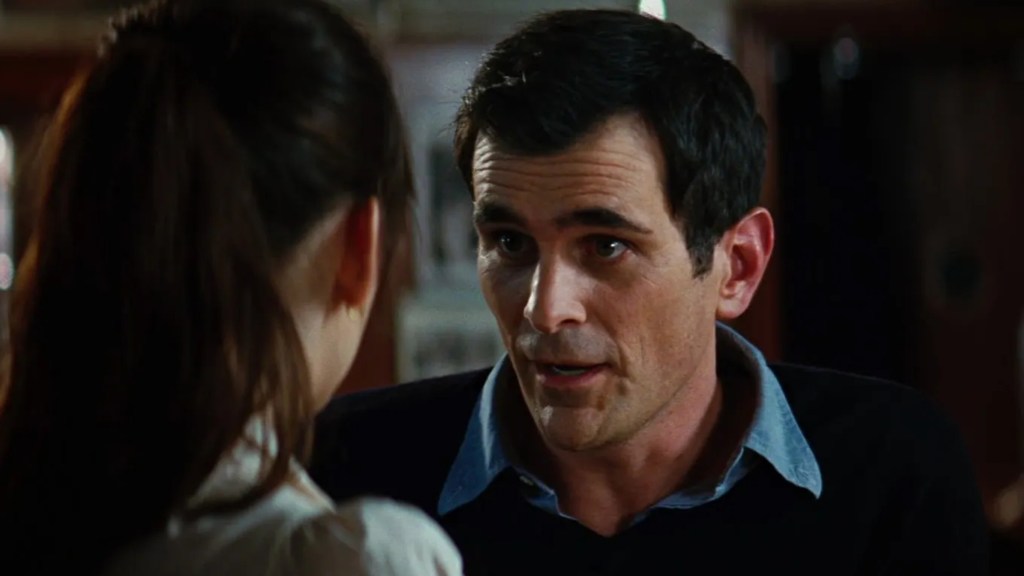 Image via Marvel Entertainment
Image via Marvel Entertainment
The appearance of Leonard Samson in The Incredible Hulk wasn’t a bad idea on Marvel’s part, as it proved they were willing to bring in lesser-known characters to flesh out the larger MCU (assuming that it had been successful). As comic readers know, Doc Samson was a longtime ally of the Hulk he, like so many supporting characters in his series, became superpowered thanks to some gamma exposure. Samson spends much of his time in the comics trying to cure Banner of being the Hulk, while also working alongside other Marvel heroes.
In the Marvel Cinematic Universe, Leonard Samson is played by Ty Burrell and has an awkward place in the film. After Bruce returns to America to find Betty, we realize she’s moved on and is in a relationship with Samson. When she leaves him upon Bruce’s return, Samson reveals Banner’s whereabouts to Ross and the government after feeling scorned. Despite feeling remorse for it later, the way Samson is used in the movie feels totally removed from his comic persona and is a waste of what the character could have done in the movie.
2) Red Hulk in Captain America: Brave New World
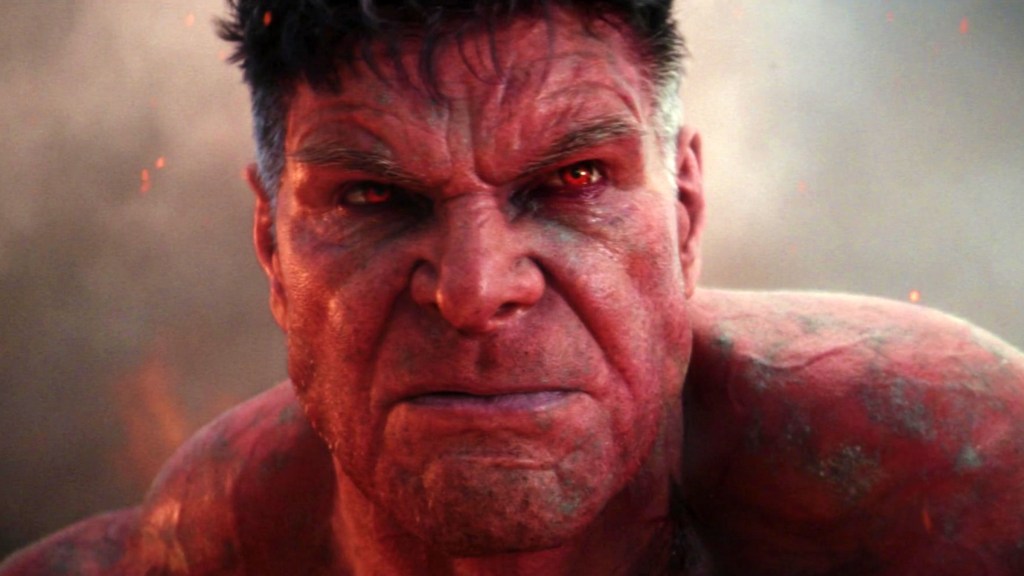 Image via Marvel Entertainment
Image via Marvel Entertainment
To say that Captain America: Brave New World squandered the Red Hulk may be an understatement. The character’s entire presence in the film is confined to its big third-act action sequence, one that largely sees him just tearing up the grounds of The White House and then running to a perfectly abandoned grove of cherry blossoms. All told, it’s maybe six minutes of screen time, enough to perhaps scratch the itch of a good “Hulk out” sequence in the MCU after many years, but not enough to do the character real justice and barely enough time to satisfy audiences.
In the pages of Marvel Comics, Ross’ Red Hulk straddled the line between a super villain and an anti-hero, fighting countless other gamma-powered characters (even killing some) while at other times leading teams of characters like the Thunderbolts. Though initially conceived as just a different color version of the hero, Red Hulk would go on to be a formidable character in both brains and brawn. Not only has he defeated the Silver Surfer and absorbed the power cosmic, but even joined The Avengers and wielded one of hte Infinity Gems. Does what the MCU delivered seem like it even came close to this potential?
1) The Hulk, But Only In Avengers: Infinity War
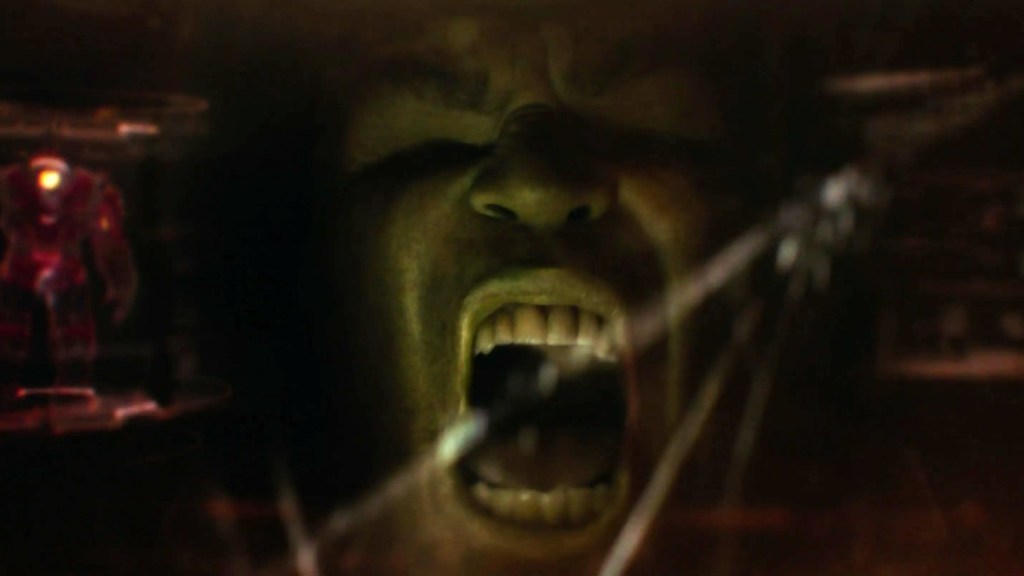 Image via Marvel Entertainment
Image via Marvel Entertainment
Marvel Studios will never admit it, but they have a Hulk problem, and the problem is that he’s too damn good. There have been plenty of times in recent years where the team behind the films featuring the character have had to concoct reasons to take him off the board in some way, weaken him, or simply alter his personality so that he’s not what fans expect. None of these are quite as egregious as how The Hulk is portrayed in Avengers: Infinity War, though, which feels like pure character assassination.
The opening scene of the film has a real stake-creating moment, as Thanos pummels The Hulk into putty and he’s sent to Earth as a warning for the other Avengers. It’s a scene that makes sense, but then devolves into a storytelling crutch that the rest of the movie leans on to a frustrating degree: The Hulk is too scared of Thanos to come out and do something about it. It’s something played for laughs in the finale of Infinity War, but a decision that doesn’t stand up when considering the Hulk’s place in the larger MCU and his reactions to losing fights in the past. In short, The Hulk gets one good scene in the film and is locked away simply because it would have complicated the narrative even further. At least he makes up for it somewhat in Avengers: Endgame.

